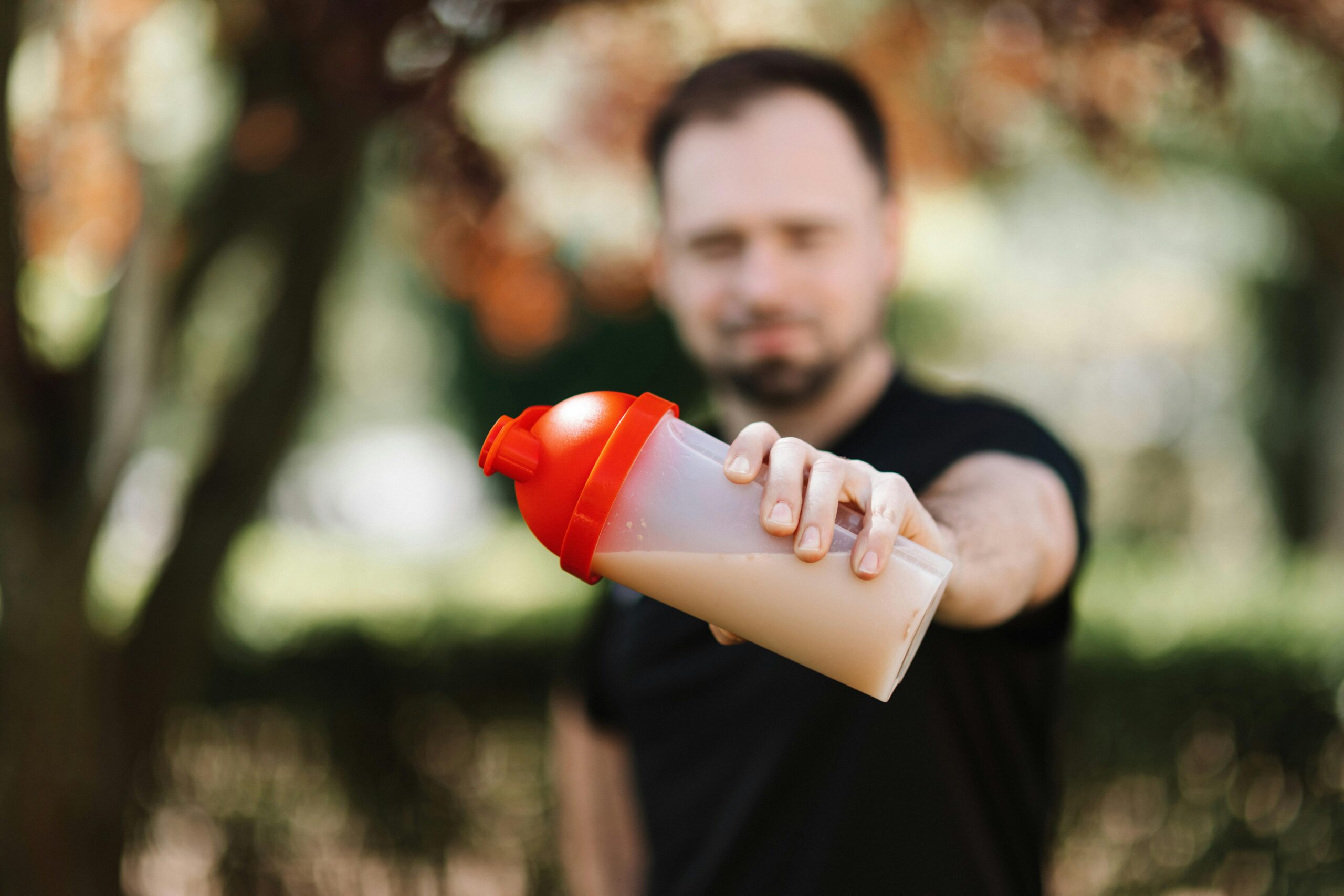The Foundation of Muscle Growth: Understanding the Bodybuilding Diet
Bodybuilding isn’t just about lifting weights—it’s a science that hinges on precise nutrition. A well-structured bodybuilding diet is the cornerstone of maximizing muscle hypertrophy, enhancing recovery, and optimizing performance. Whether you’re a competitive athlete or a fitness enthusiast, tailoring your nutrition to support your goals is non-negotiable. This article dives into the critical components of an effective bodybuilding diet, from macronutrient ratios to meal timing, and addresses common pitfalls that hinder progress. By understanding how food fuels muscle growth, you’ll learn to design a dietary plan that aligns with your training regimen, ensuring every rep and set translates into tangible results.
Macronutrients: The Building Blocks of a Bodybuilding Diet
Protein, carbohydrates, and fats form the backbone of any bodybuilding diet. Protein is essential for muscle repair and synthesis, with recommendations ranging from 1.6 to 2.2 grams per kilogram of bodyweight daily. Lean sources like chicken, fish, and plant-based alternatives ensure steady amino acid delivery. Carbohydrates fuel intense workouts and replenish glycogen stores, with complex carbs (e.g., oats, sweet potatoes) preferred for sustained energy. Fats, often underestimated, support hormone production—particularly testosterone—with avocados, nuts, and olive oil being ideal choices. Balancing these macros requires tracking and adjusting based on individual goals, whether bulking, cutting, or maintaining.
Meal Timing and Frequency: Maximizing Anabolic Windows
When you eat is as crucial as what you eat. Pre- and post-workout nutrition are pivotal for performance and recovery. A pre-workout meal rich in carbs and moderate protein (e.g., Greek yogurt with berries) primes energy levels, while a post-workout shake with fast-digesting protein (whey) and simple carbs (dextrose) accelerates muscle repair. Contrary to outdated myths, total daily protein intake matters more than meal frequency. However, spreading protein across 4-6 meals may enhance muscle protein synthesis. Nighttime nutrition, like casein protein before bed, can also prevent catabolism during fasting periods.
Hydration and Recovery: The Overlooked Pillars
Water comprises over 70% of muscle tissue, making hydration critical for strength and endurance. Even mild dehydration impairs performance and delays recovery. Aim for 3-4 liters daily, adjusting for sweat loss during training. Electrolytes (sodium, potassium) are equally vital for nerve function and cramp prevention. Sleep, another recovery pillar, triggers growth hormone release, facilitating muscle repair. Pairing proper hydration with 7-9 hours of sleep creates an environment where nutrients are utilized efficiently, bridging the gap between diet and results.
Supplements: Enhancing—Not Replacing—Nutrition
While whole foods should dominate, supplements address gaps in a bodybuilder’s diet. Creatine monohydrate boosts ATP production, enhancing strength and volume. Branched-chain amino acids (BCAAs) may reduce fatigue during fasted training. However, prioritize basics: a high-quality multivitamin, omega-3s, and vitamin D3 support overall health. Avoid over-reliance on fat burners or proprietary blends with unproven claims. Supplements are tools, not shortcuts, and should complement—not replace—a nutrient-dense diet.
Conclusion: Crafting a Sustainable Bodybuilding Diet
A successful bodybuilding diet transcends calorie counting—it’s a strategic balance of macros, timing, hydration, and recovery. Prioritize protein intake, fuel workouts intelligently, and never underestimate sleep or hydration. Supplements should play a secondary role to whole foods. Remember, consistency is key: drastic cuts or bulks often backfire, leading to muscle loss or fat gain. Tailor your plan to your lifestyle, track progress, and adjust as needed. By marrying discipline with science-backed strategies, you’ll transform your physique and performance, proving that in bodybuilding, the kitchen is just as important as the gym.
